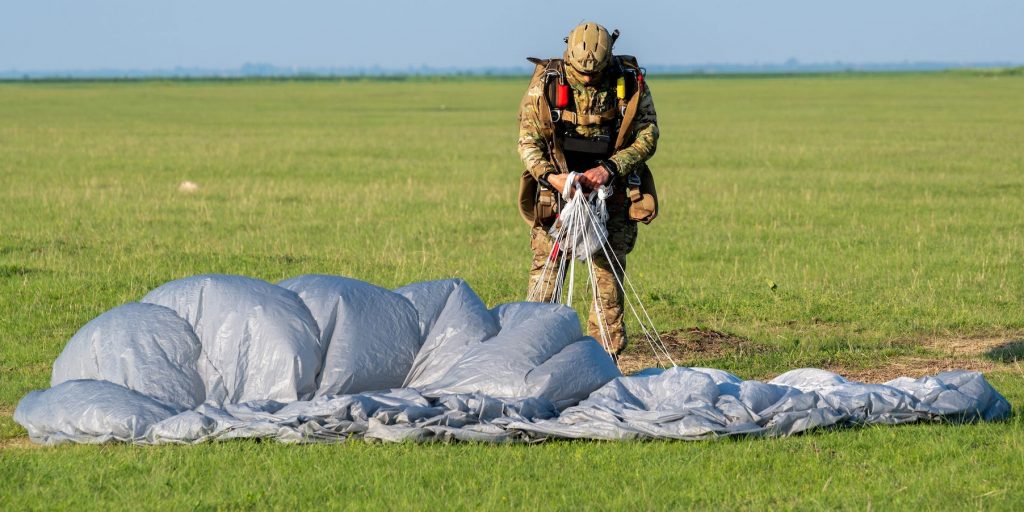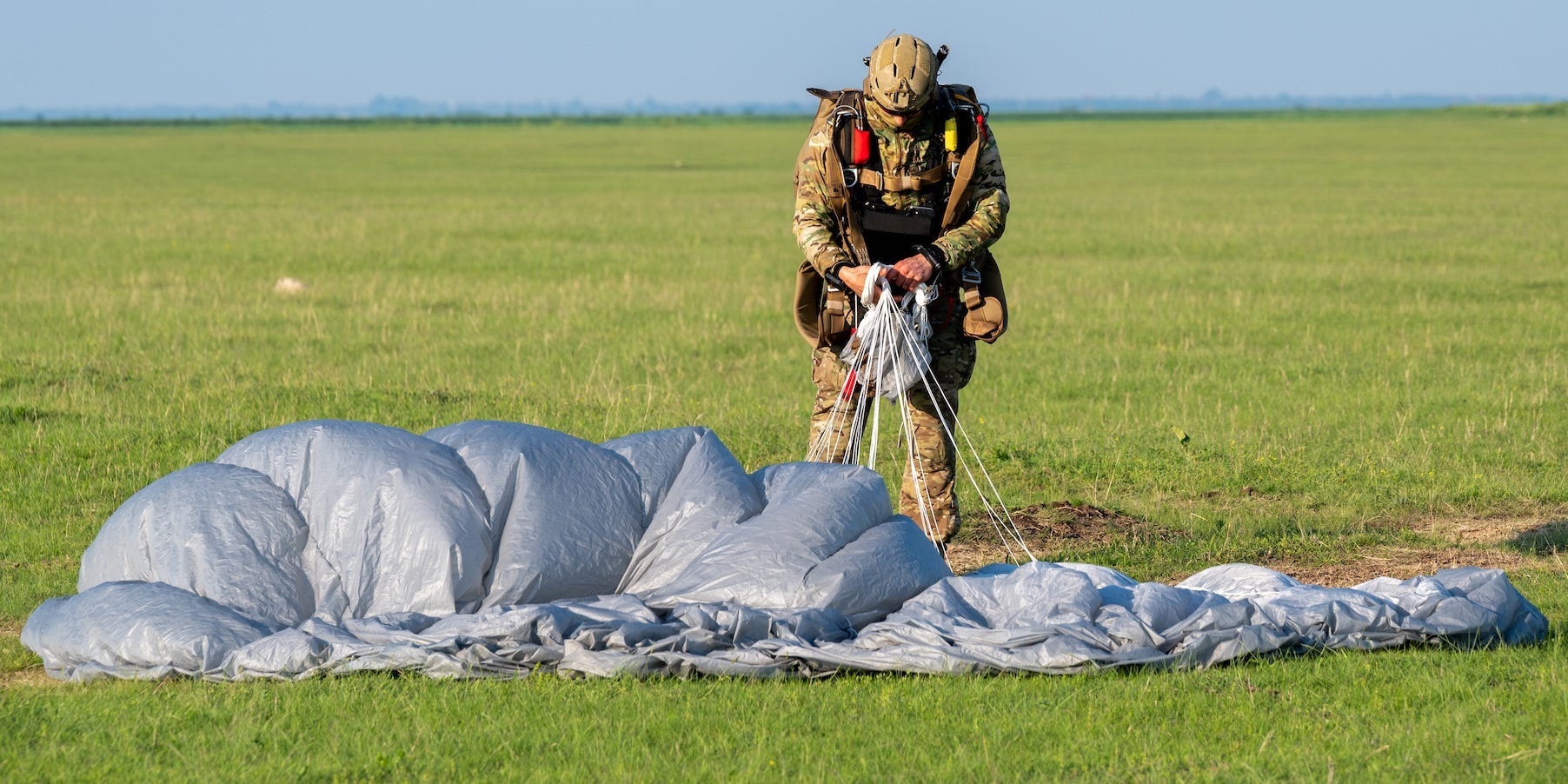
Staff Sgt. Brandon Nelson
- Air Force Special Operations Command is has had two decades of success against terrorist groups.
- That has set AFSOC up for a "particularly hard" transition to a new era of competition, its commander says.
- "If it were easy, somebody else would would be able to do it," Lt. Gen. James Slife, AFSOC commander, said in February.
- See more stories on Insider's business page.
In February, Lt. Gen. James Slife, the commander of Air Force Special Operations Command (AFSOC), outlined the state of Air Force special operations and described how Air Commandos need to adapt in order to remain relevant and effective.
The top Air Commando said his force faces a hard transition from hunting terrorists to a potential conflict with Russia or China.
"Now's the time for us to accelerate change," Slife said, echoing the Air Force mantra for the new era of competition. "But I would suggest to you that for AFSOC in particular, there is a difficulty to this that I don't think any of us should underestimate."
Air Commandos
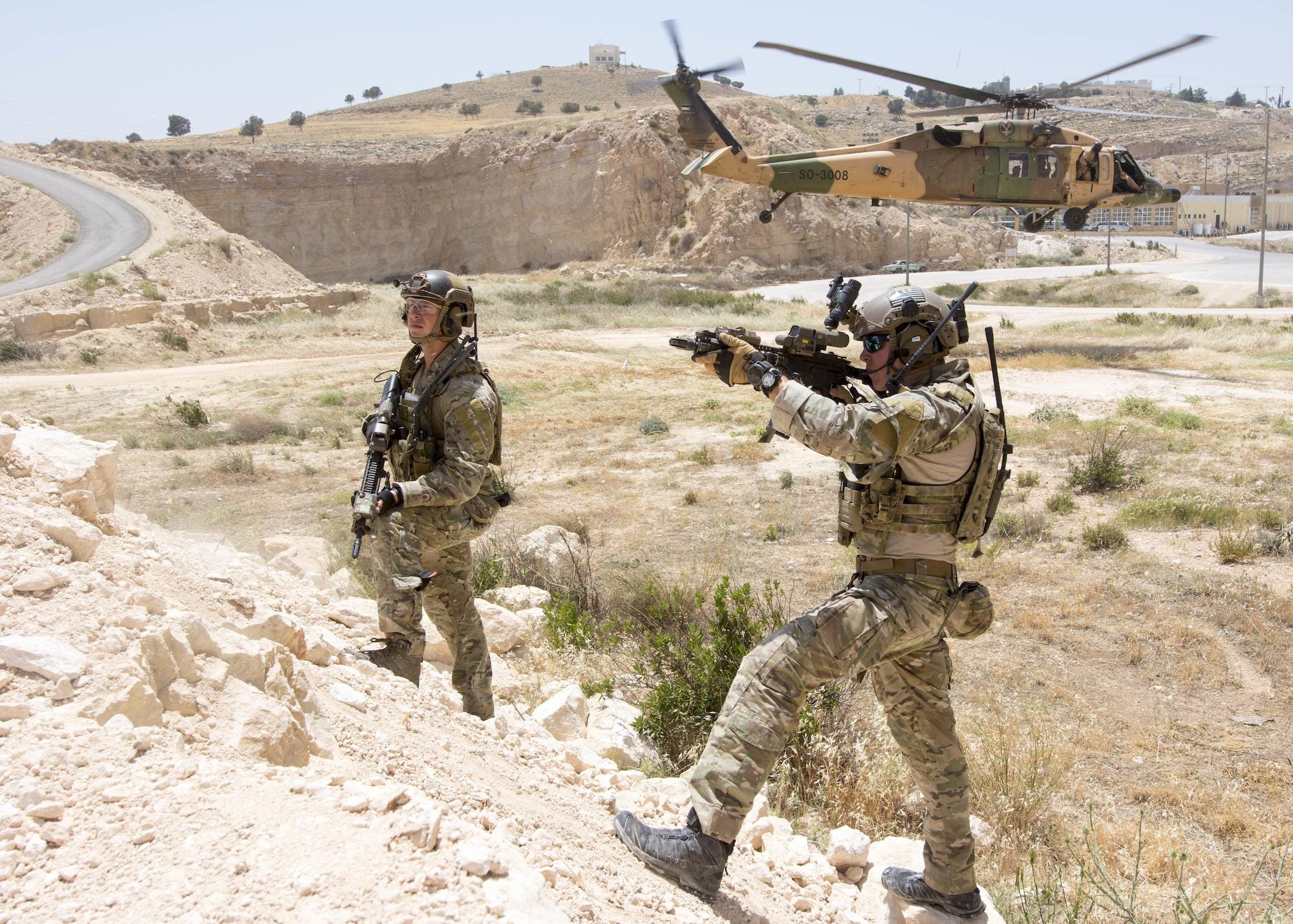
US Air Force/Christopher Lange
AFSOC provides air transport, close air support, precision strike, and intelligence, surveillance, and reconnaissance (ISR) functions to other special-operations units.
Air Commandos operate several aircraft, such as the AC-130J Ghostrider gunship, the CV-22 Osprey tilt-rotor aircraft, the MQ-9 Reaper drone, the MC-130J Commando II transport.
In addition to its air assets, AFSOC deploys battlefield airmen - pararescuemen, combat controllers, special reconnaissance operators, and tactical air control party airmen - to augment Navy SEAL platoons, Green Beret detachments, Delta Force assault teams, and other special-operations units.
These Air Commandos are an integral part of the US special-operations community but often go unnoticed because they are usually attached individually in other units instead of operating as dedicated Air Force teams.
New threats, new needs
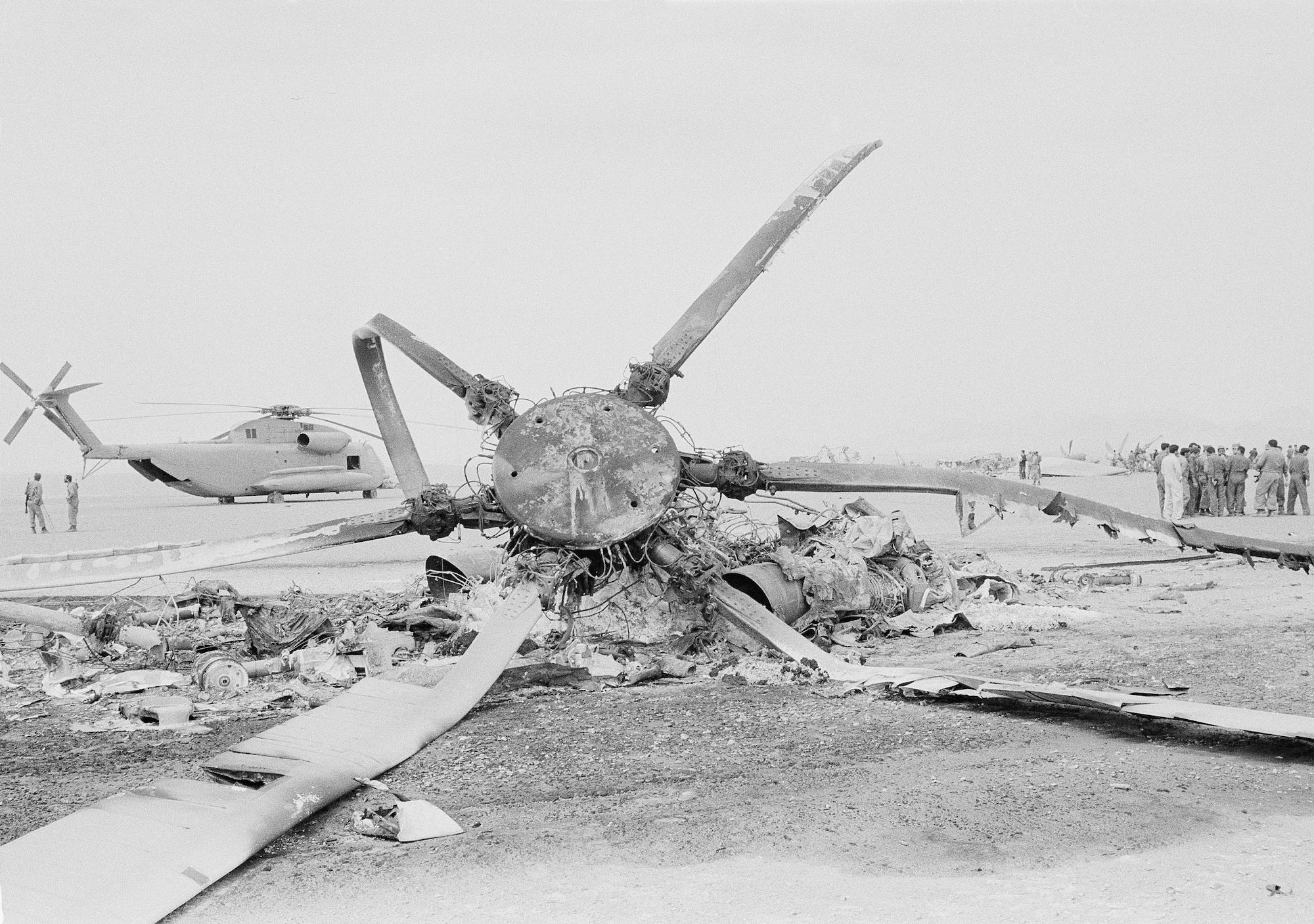
AP Photo
Slife argued that US special-operations forces are at what he called a third inflection point.
The first inflection point was the Iran hostage crisis, a disaster that led US military leaders to create US Special Operations Command (SOCOM) and Joint Special Operations Command (JSOC), which revolutionized US special operations.
The second inflection point came in the post-9/11 wars, during which the Pentagon relied on commandos for almost everything, such as raids on high-value targets and training partner forces and even to topple the Taliban.
With the advent of great-power competition with China and Russia comes third inflection point, Slife said at the Air Force Association air-warfare conference.
Slife acknowledged that this transition will likely be "particularly hard" because the circumstances are different.
"At our previous two inflection points ... we were in the aftermath of a failure," Slife said. Now, however, AFSOC is coming off of 20 years of "virtually unmitigated success" against violent extremist groups.
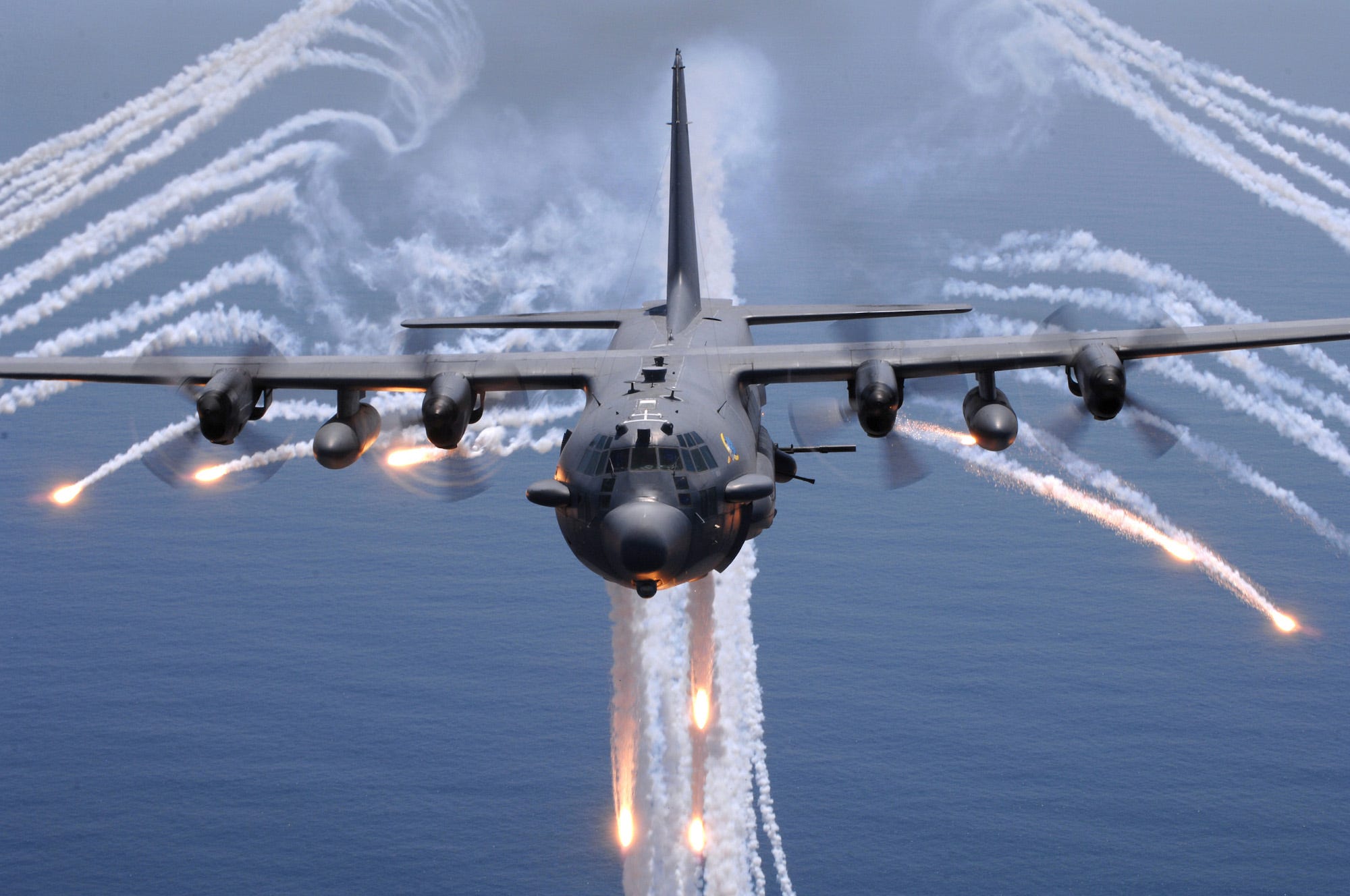
US Air Force/Senior Airman Julianne Showalter
Organizations can find it hard to accept change after having success, but change is necessary to address a new threat environment that comes with near-peer competition. People often quip that militaries prepare to fight the last war, so structured change is prudent.
According to Slife, AFSOC will have to excel in four areas: crisis response, countering violent extremist organizations, great-power competition, and near-peer warfare.
To do so, AFSOC will have to reexamine what capabilities it can offer to the special-operations community and the conventional military.
New limits on defense budgets mean AFSOC will have to choose its priorities carefully and avoid the temptation to find answers in expensive new programs and technology - in other words, it has to do more with what it already has.
"We will not be able to buy our way out of whatever challenges that we have in the future," Slife said. "We have to take better advantage of the capabilities that are already resident in the force and leverage the power of our airmen to transform ourselves for the future."
The fight for close air support
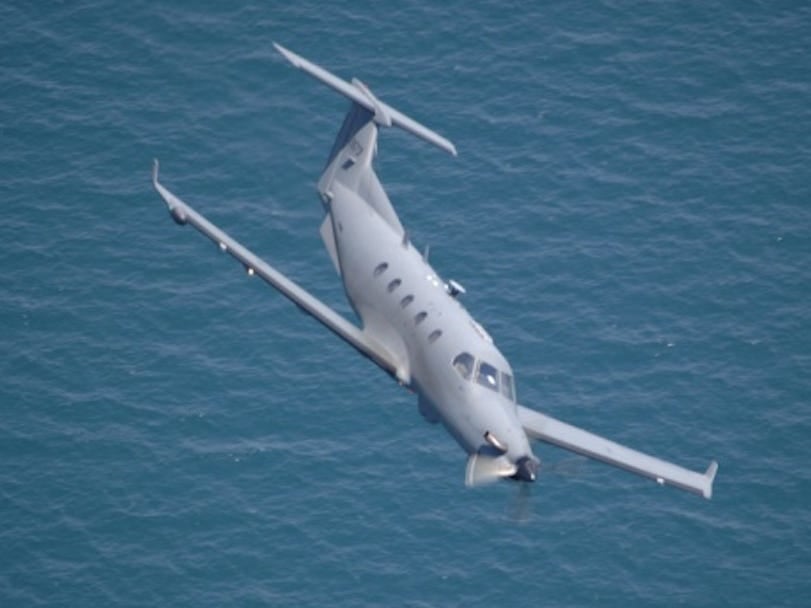
USAF
Providing support from the air is likely to be an area of increasing focus for AFSOC.
Air Commandos currently operate a small fleet of aircraft that provide ISR to special operators on the ground. Orbiting ISR aircraft can provide a live picture of a target and its surroundings, an unparalleled advantage over less technologically advanced enemies.
As the war on terror evolved, ISR capabilities became increasingly important. In some cases, ISR support was mandatory for an operation to be approved.
SOCOM's Armed Overwatch Program - which seeks to develop organic close-air-support aircraft and free up sophisticated aircraft like F-22s and F-35s for more advanced missions - is one of AFSOC's biggest bets for the future.
There have been several US military attempts to find a commercially available propeller-driven aircraft for support missions. The most recent was the Air Force's Light Attack Experiment, which was shut down in early 2020.
The Air Force and members of Congress are either skeptical of or openly opposed to the Armed Overwatch Program, but SOCOM has made it clear that it wants the capability and is moving forward with a program to purchase 75 aircraft for AFSOC that would provide close air support, precision strike, and ISR in austere and permissive environments.
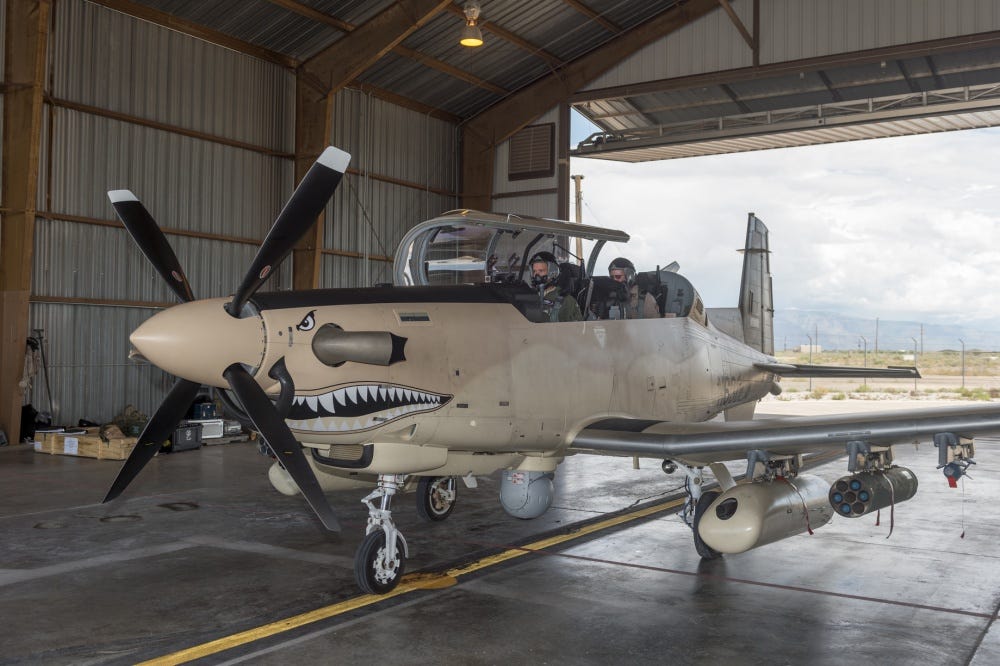
US Air Force Photo by Ethan D. Wagner
ISIS and Al Qaeda have largely been defeated in Iraq and Syria, but other groups are wreaking havoc across Africa and the Middle East, threatening to overthrow weak governments and cause regional crises.
Consequently, special-operations forces will continue to deploy in low-intensity hot spots where US interests are threatened, and they might need to call in close air support. The Armed Overwatch Program is designed to support that ongoing fight.
SOCOM providing its own rugged, cheaper-to-operate planes to support commandos aligns perfectly with some of AFSOC's transition goals.
Although Air Commandos are trying to figure out their future roles, they will certainly be called on to perform challenging missions against multiple threats.
"If it were easy, somebody else would would be able to do it, but this is our moment in time to transform ourselves for the future," Slife said.
Stavros Atlamazoglou is a defense journalist specializing in special operations, a Hellenic Army veteran (national service with the 575th Marine Battalion and Army HQ), and a Johns Hopkins University graduate.
